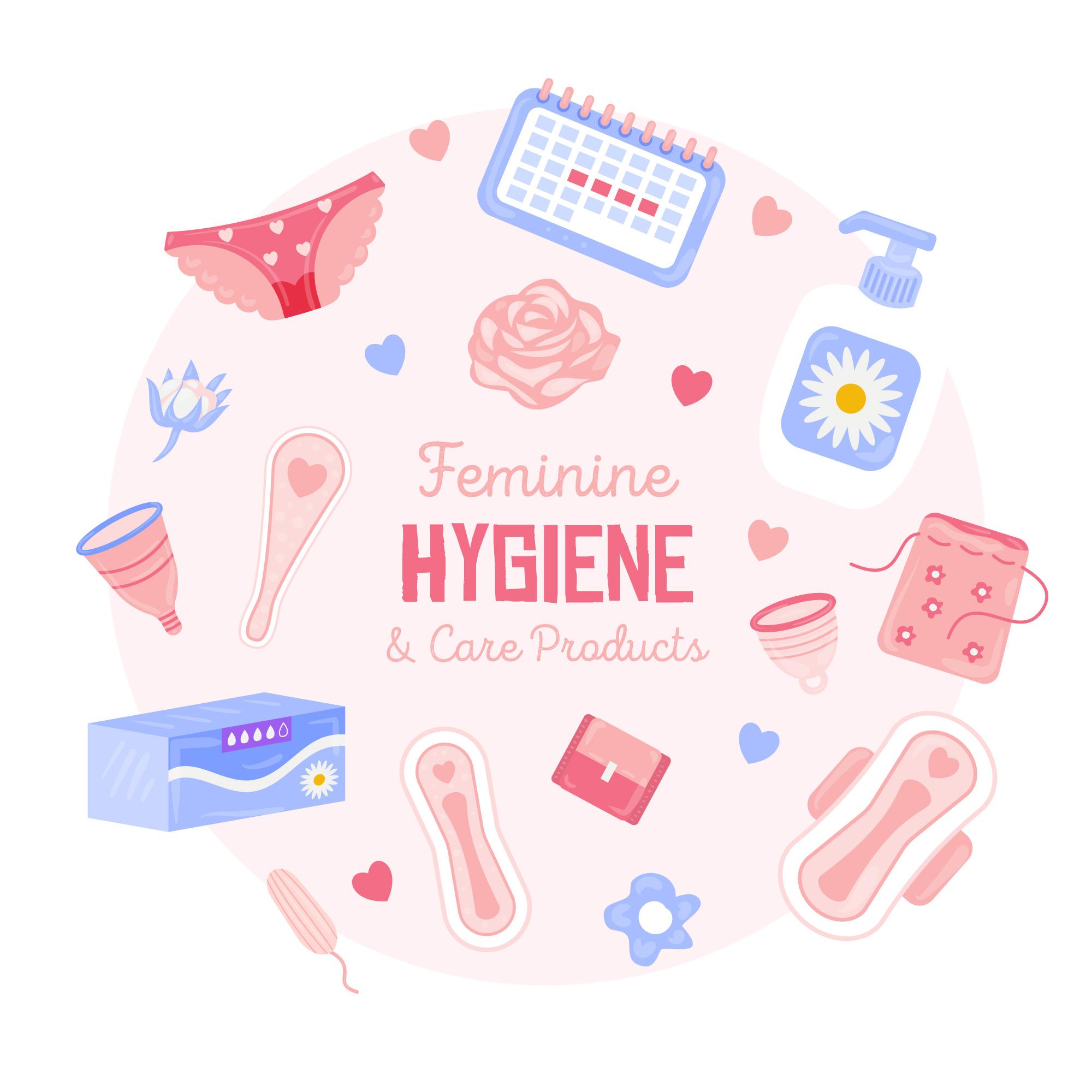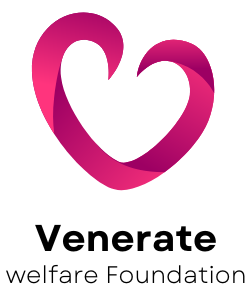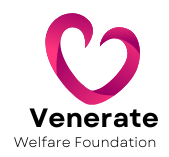Women Hygiene: A Step Toward Health and Dignity

In many parts of our country, women and girls are fighting a battle that few ever see: the struggle for safe and affordable menstrual hygiene.
Because of financial limitations, lack of awareness, and age-old taboos, countless women are forced to use unsafe substitutes—cloth scraps, ash, even sand. What should be a simple, natural process becomes a source of pain, risk, and shame.
The impact goes far beyond health. Girls miss school every month, women skip work, and many face isolation in their own homes. Behind every absence is lost opportunity, lost dignity, and lost confidence.
Menstrual health is not a luxury. It is a basic right—a right tied to equality, education, and empowerment.
And yet, every month, nearly half of the world experiences menstruation, but for millions of women and girls in India and beyond, it is still surrounded by silence, stigma, and struggle. What society ignores in whispers ends up becoming a loud and urgent problem for public health, education, and women’s rights.
When women and girls don’t have access to safe hygiene products or proper knowledge:
- They face a higher risk of urinary tract infections, reproductive illnesses, and long-term health problems.
- Young girls are forced to skip school during their periods—missing out on nearly 20% of their education days each year.
- Women in the workforce lose income and opportunities.
- Myths and taboos lead to exclusion from daily life, from eating at the same table to entering places of worship.
This is not just a health issue. It is a question of gender equality, dignity, and human rights.
The Barriers Women Face
The challenges are deeply layered:
- Financial Limitations
Sanitary pads are often seen as a luxury in low-income households. Many families prioritize food and shelter over menstrual products, leaving women with unsafe alternatives
- Lack of Awareness
In many communities, menstruation is never discussed openly. Girls enter puberty unprepared, often terrified and confused about what’s happening to their bodies.
- Cultural Taboos
Deep-rooted myths still persist—that menstruation is “impure,” that women must isolate themselves, that they cannot participate in daily activities. These beliefs add emotional burden to a natural biological process.
- Environmental Challenges
Even when pads are available, poor waste-management systems in rural areas mean disposal becomes a problem. This adds to pollution and health hazards.
Our Solution: The Women Hygiene Project
At Venerate Welfare Foundation, we are committed to transforming the way communities understand and manage menstrual health. Our project combines awareness, accessibility, and empowerment.
- Education First
We believe that breaking the silence is the first step.
- We run awareness campaigns in schools, colleges, and rural communities.
- We teach menstrual hygiene management in simple, relatable ways.
- We train women and adolescent girls on safe practices, busting myths that have silenced generations.
- Affordable & Sustainable Products
Access should never be a privilege.
- We distribute low-cost sanitary pads in underserved areas.
- We introduce eco-friendly options such as reusable cloth pads and menstrual cups, which are cost-effective and sustainable.
- We partner with local entrepreneurs and women’s groups to set up pad-making units, creating both supply and employment.
- Involving Men and Boys
- We invite men and boys into the conversation through workshops.
- By normalizing open dialogue, we reduce stigma and build community support.
Our Impact So Far
- Thousands of women and girls have already benefited from our workshops and product distribution.
- Communities that once resisted the discussion are now actively participating in menstrual health drives.
- Young girls who once missed school during their periods are attending classes with confidence.
- Local women are finding income opportunities by making and distributing pads.
Each success story is proof that when given the right tools and knowledge, women thrive—and when women thrive, families and communities thrive too.
How You Can Join Us
This journey is long, but every step matters. You can help us in many ways:
- Donate: Support us in providing products and running workshops in more areas.
- Partner with us: If you’re a school, college, or corporate, we can bring awareness programs to your institution.
- Volunteer: Join our drives, spread awareness, or help us in training sessions.
- Advocate: Talk about menstrual health openly in your circles—help break the silence.

